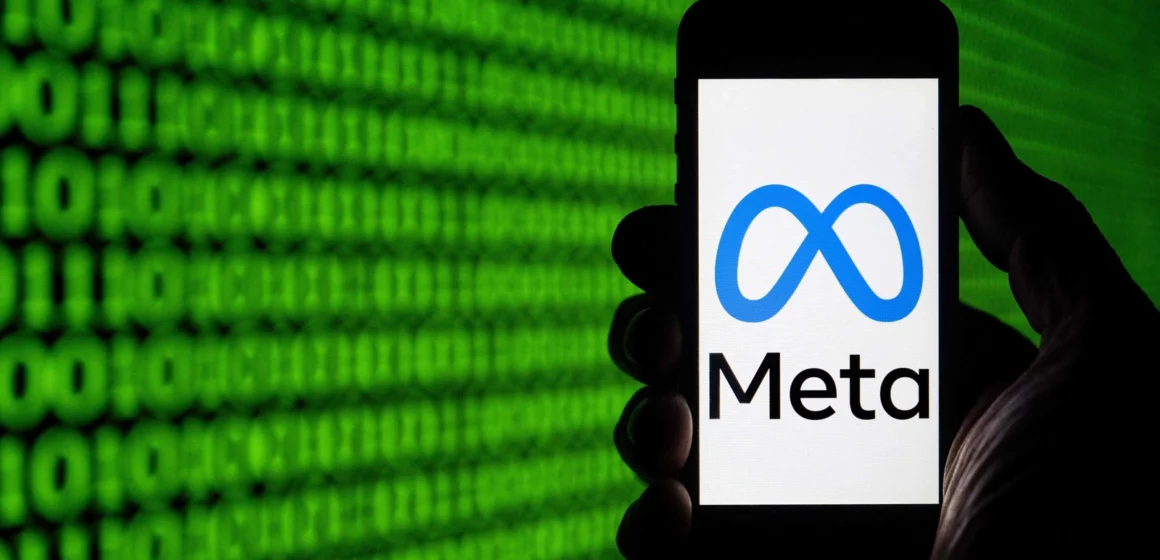Meta Wins Partial Victory in CCI Antitrust Case: WhatsApp’s Rs 213 Crore Penalty Upheld
Tribunal Court Overturns CCI Directive on Data Sharing Between WhatsApp and Meta Platforms
In a significant development on January 23, 2025, Meta received a partial victory in the ongoing antitrust case involving WhatsApp’s controversial privacy policy. The tribunal court set aside a directive from the Competition Commission of India (CCI) that ordered WhatsApp to halt sharing user data with other Meta-owned platforms for advertising purposes. However, the court upheld the hefty Rs 213 crore penalty imposed on WhatsApp for alleged abuse of its dominant position in the Indian market.
This ruling is seen as a crucial moment in the ongoing battle between tech giants like Meta and regulatory bodies in India. It highlights both the challenges posed by emerging digital economies and the need for a more defined regulatory framework governing antitrust actions in the tech industry.
What Led to the CCI’s 2024 Ruling Against WhatsApp?
The antitrust case against Meta and WhatsApp has been a long-standing issue, dating back to 2021 when WhatsApp introduced an updated privacy policy that faced significant backlash from users and authorities. The policy, which allowed the sharing of user data with Meta platforms like Facebook and Instagram for advertising and commercial purposes, was seen as a violation of user privacy and an unfair market practice.
The CCI’s investigation into the matter concluded that WhatsApp was abusing its dominant position in the over-the-top (OTT) messaging market to impose unfair terms on its users. In November 2024, the CCI imposed a fine of Rs 213 crore on WhatsApp, citing the violation of India’s competition laws. Additionally, the CCI ordered WhatsApp to cease sharing user data with other Meta platforms till 2029, asserting that the data-sharing practices were anti-competitive and against consumer interests.
The Tribunal Court’s Ruling: Partial Relief for Meta
While the tribunal court’s ruling on January 23 brought some relief for Meta, it did not fully overturn the CCI’s decision. The court disagreed with the CCI’s directive to halt data-sharing between WhatsApp and other Meta platforms. It ruled that WhatsApp should not be bound by such a lengthy cessation order and suggested that further scrutiny of the data-sharing practices be conducted in the future.
The court, however, upheld the Rs 213 crore penalty, which Meta and WhatsApp were initially contesting. This fine remains a significant blow to Meta’s operations in India, which is one of its largest markets globally. The penalty is seen as a warning to other tech companies operating in India to ensure compliance with local antitrust and privacy regulations.
Implications of the Ruling for Meta and WhatsApp in India
The tribunal court’s decision provides a mixed outcome for Meta, offering some relief on the data-sharing ban but still holding the company accountable for its actions in India. The continued imposition of the Rs 213 crore fine signals that regulators are serious about enforcing competition laws in the tech industry, especially concerning user privacy and data handling.
For WhatsApp, the ruling will likely result in a continued focus on data privacy practices and how they impact competition within India’s OTT messaging market. WhatsApp’s ability to share user data with other Meta platforms remains intact for now, but this could be subject to future scrutiny by Indian regulators.
For Meta, the judgment is a reminder that antitrust enforcement in India is becoming more stringent, with regulators paying close attention to how dominant players behave in the market. This ruling is likely to have a ripple effect across other global markets as tech giants adjust their operations to comply with local laws and avoid similar regulatory challenges.
The Bigger Picture: Antitrust Laws and Tech Regulations in India
India’s tech industry is growing at a rapid pace, and with this expansion comes the need for stronger regulatory frameworks. The Meta-WhatsApp antitrust case is not just about one company or one policy update; it is indicative of a larger global trend where regulators are increasingly concerned with the power that large tech companies hold over users’ data and privacy.
India’s Competition Commission has been proactive in tackling these issues, especially with multinational tech companies that have a significant presence in the country. The WhatsApp privacy policy case is one of several instances where the CCI has sought to rein in dominant market players and ensure that consumers are not subjected to unfair practices.
The ruling also raises questions about the future of digital advertising in India, particularly in the context of data sharing across platforms. As companies like Meta rely heavily on advertising revenue, any limitations imposed on data-sharing practices could have far-reaching consequences for their business models.
Moreover, the outcome of this case could set a precedent for other similar cases in the future, making it crucial for tech companies to adapt to India’s regulatory environment to avoid heavy penalties or operational restrictions.
The Road Ahead for Meta and WhatsApp in India
Meta’s partial victory in the CCI antitrust case against WhatsApp has sent a clear message to both tech companies and regulators. While Meta may have avoided some of the more stringent penalties, the Rs 213 crore fine and continued scrutiny of its data-sharing practices underline the growing importance of competition law in India’s rapidly evolving digital economy.
As the global tech industry continues to expand, countries like India will likely implement even more robust regulations aimed at ensuring fair competition and safeguarding consumer privacy. For now, Meta and WhatsApp will need to reassess their operations in India to comply with these legal challenges and adjust their business strategies accordingly.


Leave a Reply